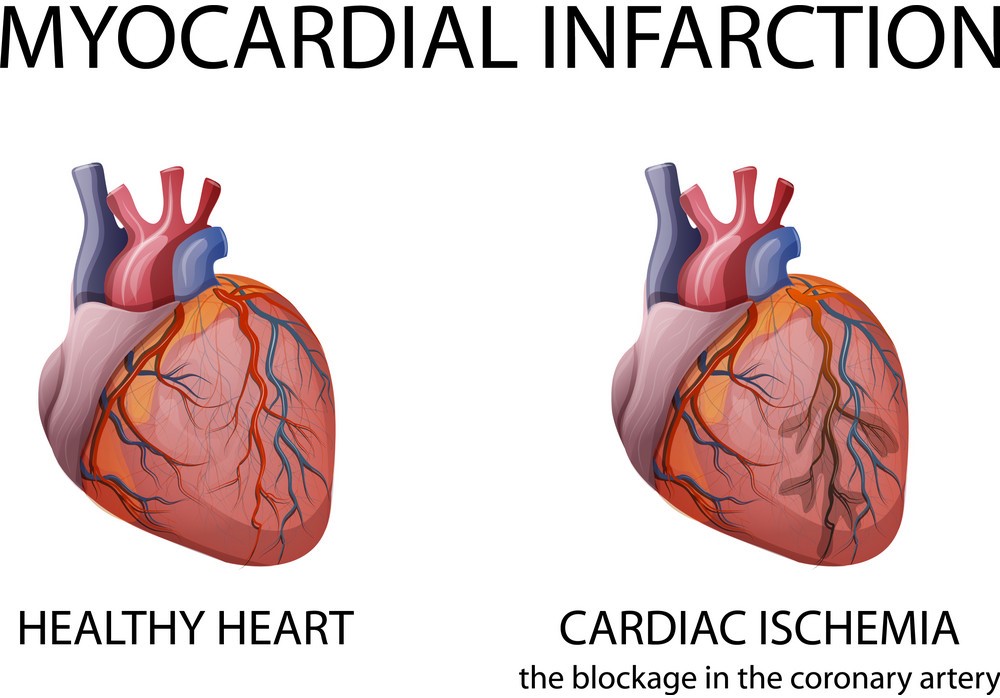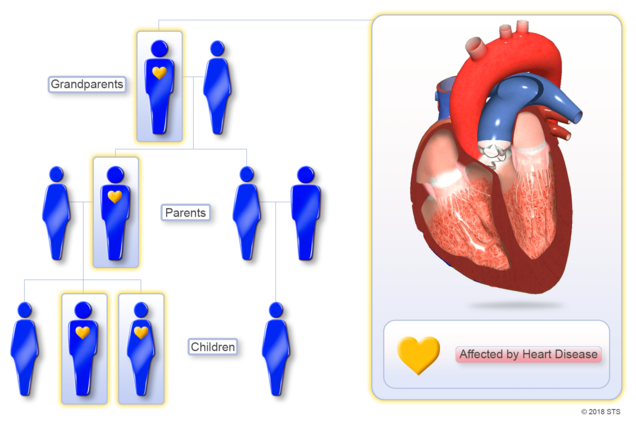Knowing the risk of Myocardial Infarction (Heart Attack) through Genetic Screening
Mar 07, 2022
3771 Views
The news of the sudden demise of legendary cricketer Shane Warne shocked his ardent fans. The reason for his death: a suspected heart attack. For a long time, we believed that coronary heart diseases do not affect young, healthy, and fit people. Well, it seems like this does not hold true any longer. Another case in point is the death of big names such as Puneet Rajkumar and Sidharth Shukla.
According to the World Health Organisation, coronary heart diseases are the number one cause of death worldwide. Out of 10000, 19 people experience heart attacks. The delay in recognizing the symptoms makes heart diseases even more deadlier. Certain underlying facts such as the genetic makeup also contribute to the cause of heart diseases.
Let us understand the phenomenon and the causes.
Myocardial Infarction (Heart attack)

All the cells in the human body require oxygen to do its functions and to survive. The heart muscle also requires oxygen to perform the function. Different factors like plaque build-up or blood clots in the veins and arteries inhibit blood flow into the arteries. Oxygen will not reach the cells which leads to the death of the cells. This hinders the functioning of the heart.
In some cases, myocardial infarction can be undetectable. In a few cases, this leads to the death of the individual.
Many factors contribute to ineffective blood flow in the arteries. A few plaque formations, blood clots, and blood thickening are some of them. Physical conditions such as abnormal lipid profile/blood apolipoprotein, hypertension, diabetes mellitus and abdominal obesity may lead to myocardial infarction.
Psychosocial factors such as depression,financial stress, global crisis, predicaments in life including job loss, marital separation, and family conflicts increase the risk of MI. Lack of daily consumption of vegetables or fruits, lack of physical activity, smoking, and alcohol consumption are some of the poor lifestyle choices that increase the risk of myocardial infarction.
Genetic Impact on Coronary Heart Disease (Heart attack)
To date, eleven gene variations have proved to be associated with myocardial infarction. Out of all, research on more than 45000 cases and 85000 controls has shown that a single-nucleotide polymorphism (SNP), rs1333049 on the chromosome number 9 has strong association with Myocardial infarction. The exact pathogenetic mechanism is unclear. Interestingly this region of the chromosome does not contain any gene coding for a protein.
A positive family history increases the individual‘s risk for heart attack with the risk gene variant.
Smoking, hypertension, abnormal lipid profile and most other risk factors related to MI have a great association with genetics risk factors. Experts are still continuing their research for a deep understanding about the relation of genetic makeup and risk of MI.
There is a lot of misunderstanding that people who are fit and workout frequently can bypass the risk of heart attacks. Heavy cardio workout for an individual with a high risk gene variant can only cause more harm than good.
With the increased prevalence of heart attack deaths,it has become more important for us to know our risk and take action accordingly.

How MapmyGenome helps
MapmyGenome with more than 20 years of experience in the field of genomics and with a highly skilled bio informatics team, curates highly validated genetic variations (SNP’s) and provides individuals with genetic risk for different conditions.
MapmyGenome’s flagship product Genomepatri is a comprehensive assessment of genetic risk for lifestyle disease, predisposition to traits, carrier status and drug responses. It has more than 100 conditions and it is the ultimate DNA-based wellness test, which provides you with a 360° view of your health.
The report is based on the polygenic risk score model which means the risk is estimated on the basis of risk variants present for the particular condition.
SOURCES
